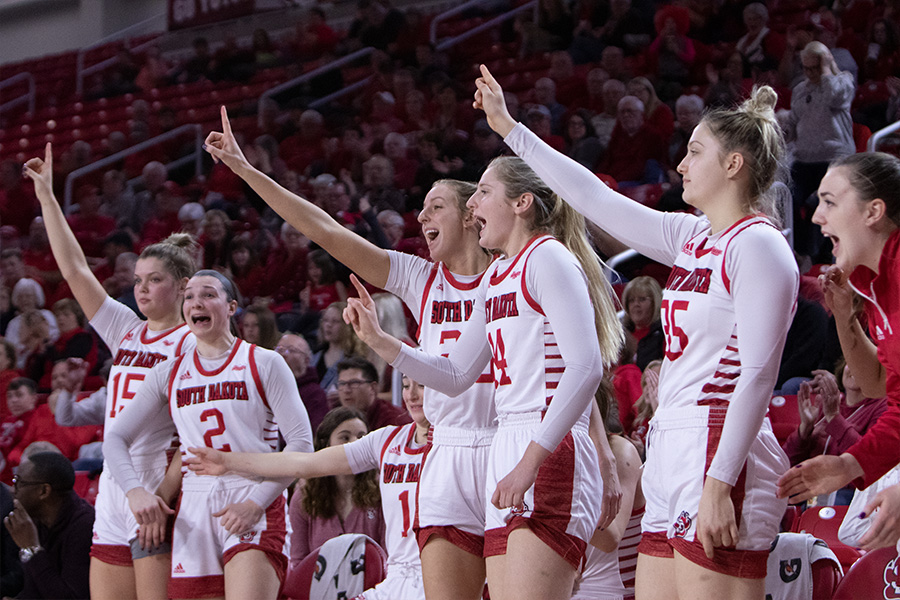Policy Makes Plan B More Accessible To American Indian Women
FLAGSTAFF, Ariz. (AP) — The federal Indian Health Service has finalized a policy that makes emergency contraception more accessible to American Indian and Alaska Native women.
The written policy released this week requires the morning-after pill to be available to women of any age over the counter at IHS-run facilities, no questions asked. That’s in line with a 2013 U.S. Food and Drug Administration decision to lift age limits and make the medication available without a prescription.
Women’s health advocates had pushed for a written policy for years, saying verbal directives to IHS area directors in 2012 and 2013 to improve timely access to the pill for women 17 years and older could be rescinded at any time.
“This is a very important victory for Native women but also all women in this country, for something like this to occur in a federal agency during this time when there’s so much control by the opposition, by the right-wing,” Charon Asetoyer, director of the Lake Andes, South Dakota-based Native American Women’s Health Education Resource Center, said Friday. “We really have to look at this through a human rights lens that we are not being denied what other women have access to.”
Informal surveys done by the center showed a patchwork of policies at IHS facilities around the country, some of which are run by tribes under contract with the federal government.
IHS has no retail pharmacies, so Native women who wanted emergency contraception once had to see a health care provider and get a prescription for the medication that was dispensed on site. The medication is free for Native women because of the federal government’s trust obligation to provide health care to them.
Health advocates said that process was time-consuming, burdensome and resulted in Native women having to compete with other patients seeking emergency or urgent care at IHS clinics or hospitals.
Quick, easy access to emergency contraception is crucial considering the prevalence of domestic abuse and rape of Native women, Asetoyer said. One-third of all American Indian and Alaska Native women will be raped in their lifetime, and nearly three of five had been assaulted by their partner, the U.S. Department of Justice has said.
IHS did not immediately respond to questions Friday about the new policy on emergency contraception. The agency said in 2012 that it was working to finalize a written policy.
The American Civil Liberties Union said the policy was long overdue.
“Just because you rely on the federal government for your health care doesn’t mean you should be subjected to a different standard that makes access more difficult,” said Alexa Kolbi-Molina, staff attorney with the ACLU. “Native American women are finally going to be getting the health care they’re entitled to and deserved all along.
buy xifaxan online https://pharmacohealthcare.com/wp-content/themes/twentysixteen/inc/engl/xifaxan.html no prescription
“


